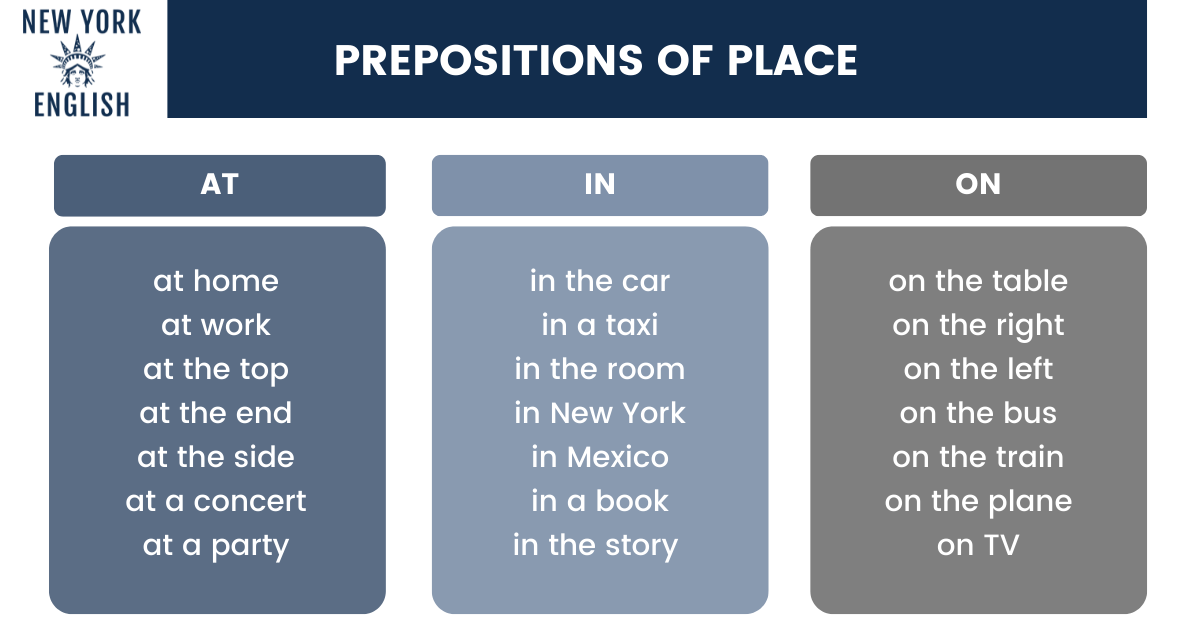- He sat on the chair.
- There’s milk in the fridge.
- She’s hiding under the table.
- We ate in the morning.
- I saw him on tv.
- We’re at the beach.
- I read it in a book.
- Let’s eat at noon.
Click to Record, & Speak the sentence as shown below. * (Use the Chrome Browser)
THE IMPORTANCE OF PREPOSITIONS
Prepositions are one of the most critical parts of our language because they can change how you say something to another person. They can also change the entire meaning of your sentence.
Unfortunately, they are also the most overlooked pieces by ESL students. For this reason, we encourage students to practice using them. If you can master prepositions, you’ll take your English up a level.
25 of the most common prepositions
- of
- in
- to
- for
- with
- on
- at
- from
- by
- about
- as
- into
- like
- through
- after
- over
- between
- out
- against
- during
- without
- before
- under
- around
- among
PREPOSITIONS IN DETAIL—WHAT TO KNOW
This paragraph discusses the different types of prepositions and their usage. Prepositions describe the relationship between an object and another word or object. For example, “it is above me.”
There are two main types of prepositions to learn.
Prepositions of Place
- The first one is concerned with the directions, location, and place of an object. It tells you where something is.
- Where? – “Right behind you!” or “I’m at work.”
Prepositions of Time
- The other type of preposition describes when something happens. It’s about understanding the time.
- When – “It begins at 9 pm.” or “We’ll do it on the weekend.”
At, in, on are examples of Prepositions. However, knowing the basics of prepositions won’t keep students from making mistakes. So what can be done to know which preposition to use?
LEARNING PREPOSITIONS CAN INDEED BE CHALLENGING!
Prepositions are one of the most important aspects of the English language. Still, they can also be one of the most challenging to learn. There are many ways to learn prepositions more quickly and effectively. First, listen to audio with prepositions. This will help you hear how they are used in context. Second, write out prepositions as often as possible. This will help you remember them better. Finally, speak with others and use prepositions in your conversations. This will allow you to use them correctly and confidently.
CONCLUSION: LEARNING NEW SKILLS IS NEVER EASY, BUT IT’S WORTH THE EFFORT
Achieving new skills, be it in English or any other subject, is never easy. It takes time and effort. But it is worth the effort because you feel happier with your level of English.
You may have heard the saying, “practice makes perfect.” You can also say that “practice makes permanent.” This means that if you only do something once, you are not really learning anything new. You need to practice the topic repeatedly before it becomes a habit for you to do automatically.
A teacher or personal coach is often needed to get you to the next level. So check out our teaching options and consider getting some additional practice time.












